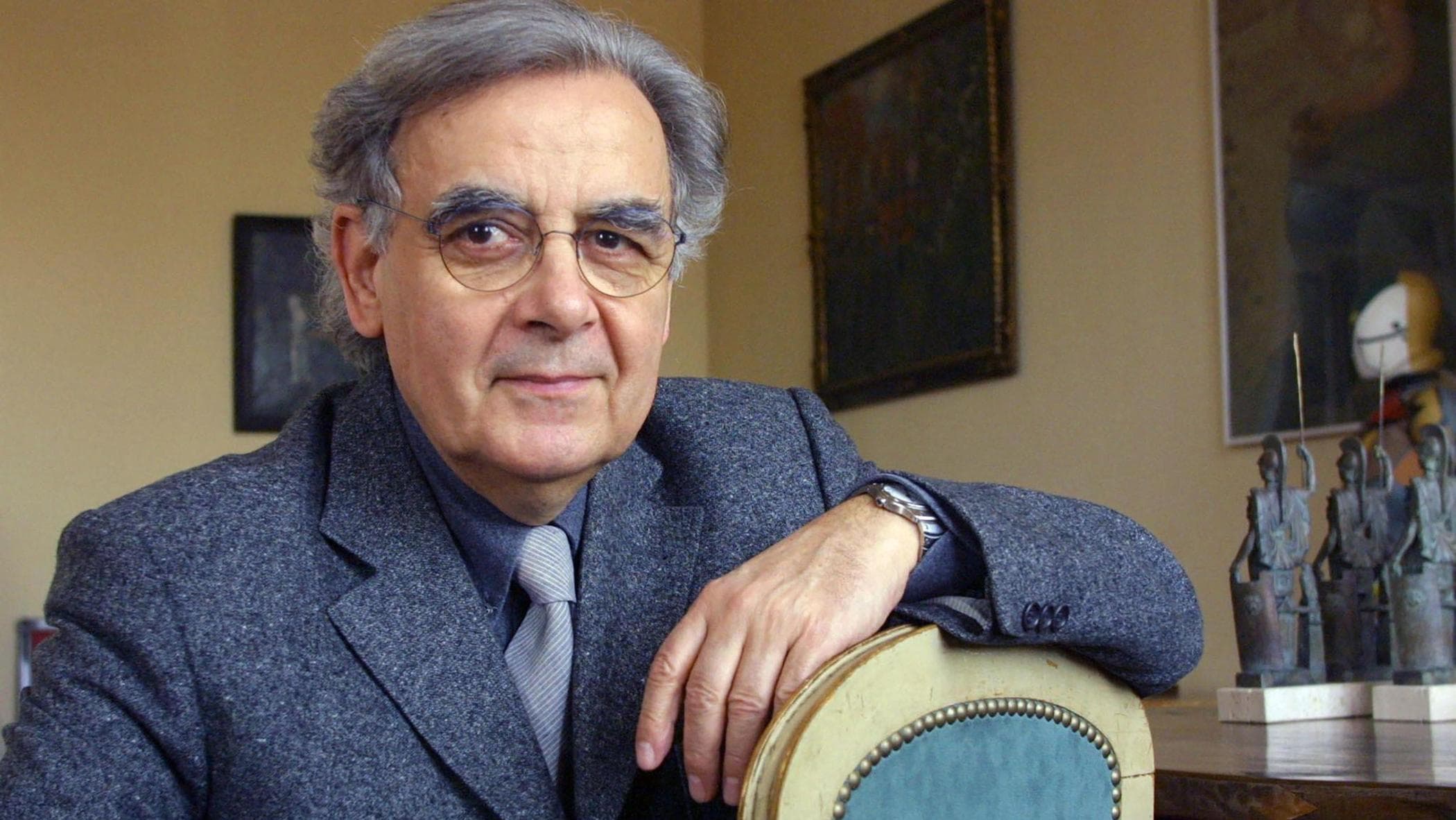It made millions of French people and readers in French-speaking countries want to read. She was able to talk about the books she loved with passion and modesty. Bernard Pivot he was a great gentleman. Loyal, curious about everything, a lover of good wine and football, he never stopped reading. The transmission of him, Apostrophes, it is still considered today as one of the best examples of public television. Since yesterday, after his death a 89 years old near Paris, generations of readers mourn him, because even though he had retired from public life, his broadcasts often circulate on social media.
He was able to entertain himself with Margherita Yourcenar or Nabokov with the same ease with which he chatted with a young unknown novelist. He had no prejudices and offered an opportunity to anyone who deserved it. I met him for the first time as a guest on his show. The night before I hadn’t been able to sleep, for the joy of having been invited by such an important man. The books he talked about often saw skyrocketing sales.
Later, when I joined theAcademy Goncourt, he greeted me with a joke. Then our friendship consolidated, little by little. He read a lot for the Goncourt prize, and this forced the other nine members of the jury to keep up with him. He was always attentive to the public, the general public. He voted for good novels, giving preference to those that would have great popular success.
He called himself a journalist, not a writer, even if he had written books on the French language, on the love of words, on the pleasure of reading. But he dedicated his last writings to the end of life: illness, old age, the loss of taste for beautiful things. He wasn’t afraid of death, but of the “illness that attacked his independence”, as he told me: the legs that no longer obeyed him, the mind that couldn’t concentrate, this was death.
His most unusual broadcast was the one he devoted entirely to Nabokov, that he had prepared his answers and was reading them while drinking whiskey from a teapot. The other was the one with the American poet Bukowski, that he was drunk and raving, attached to the bottle like a tramp; Bukowski left the studio and the broadcast continued as if nothing had happened.
He dedicated some special numbers of his broadcast to great writers such as Margherita Duras, Umberto Eco, George Simenon, Solzhenitsyn, Albert Cohen and so on. He also hosted politicians such as François Mitterrand and actors like Alain Delon or Jean-Paul Belmondo.
Being the free spirit that he was, he felt no attraction for rewards or medals (he had refused the Legion of Honor several times): Pivot was a man of the people, in the noble sense of the term. He was greedy for beautiful things, for a good dish of Lyonnais family cuisine as well as for the love of women.
He loved playing with words and humor. The day I entered the Académie Goncourt, together with the writer Patrick Rambaud, who was famous for having written other people’s books (a ghostwriter, in short, which in French is “nigger”), Bernard welcomed us with these words: «You see that the Académie Goncourt is not racist, it brought in at the same time a Arab and a black man!’
Its popularity grew even more when he organized dictations throughout France. This tradition inaugurated by him continues today. He was a man who rendered an immeasurable service to culture and literature, much more than all the ministers of culture put together. Even though he was now retired, he started tweeting a day and had more than a million followers. In 2013 he published a collection of his tweets entitled Tweets are cats (I tweets are cats) because cats leave without making a sound. In 2011 she published The words of my life (The words of my life), by Albin Michel.
